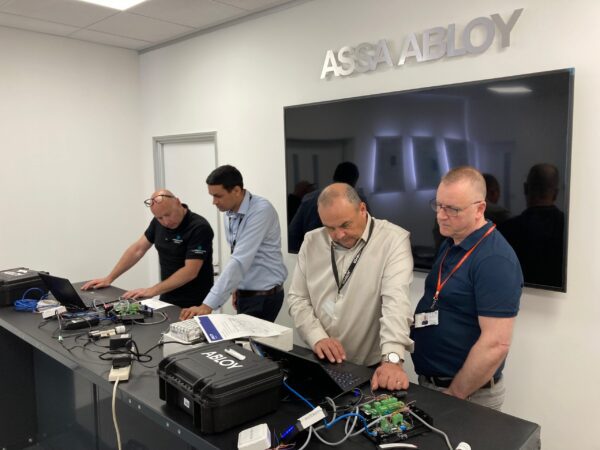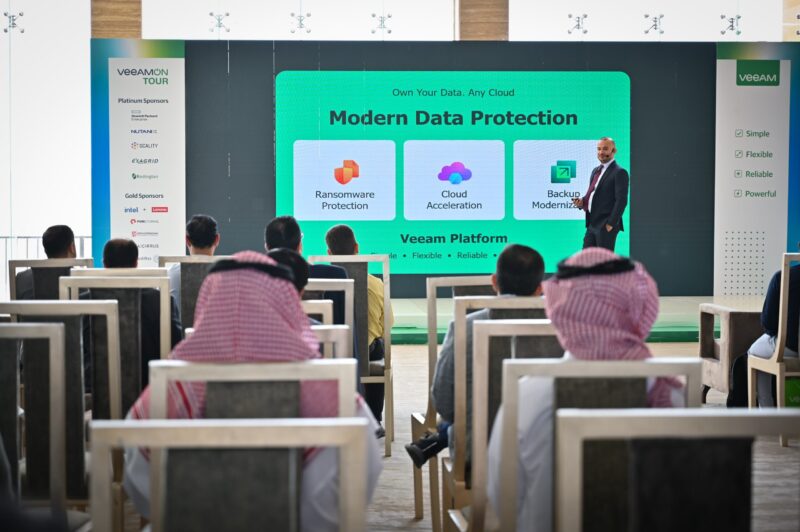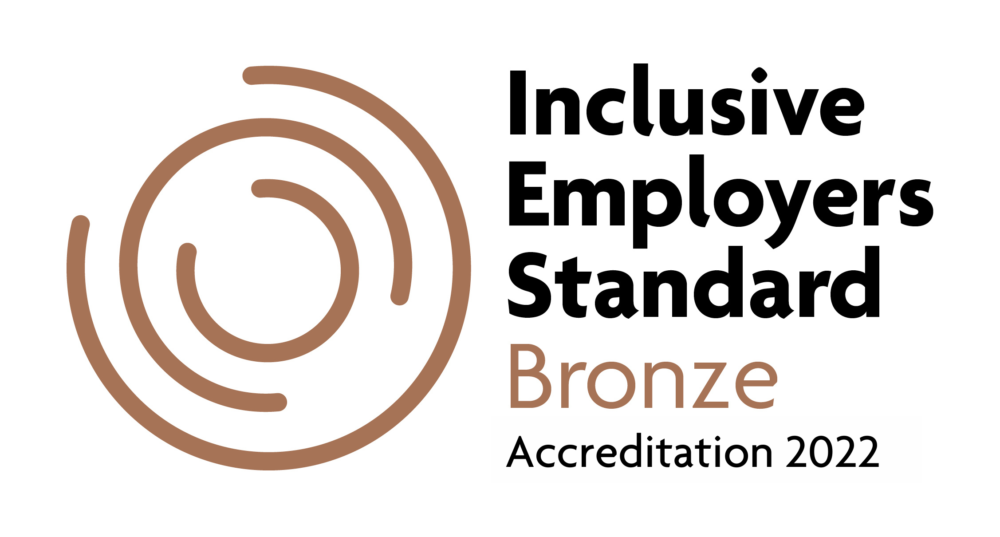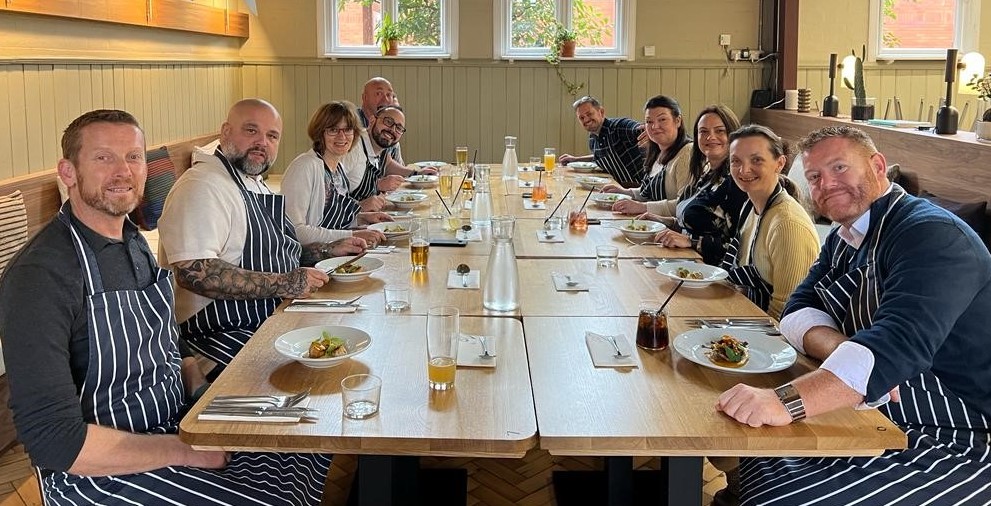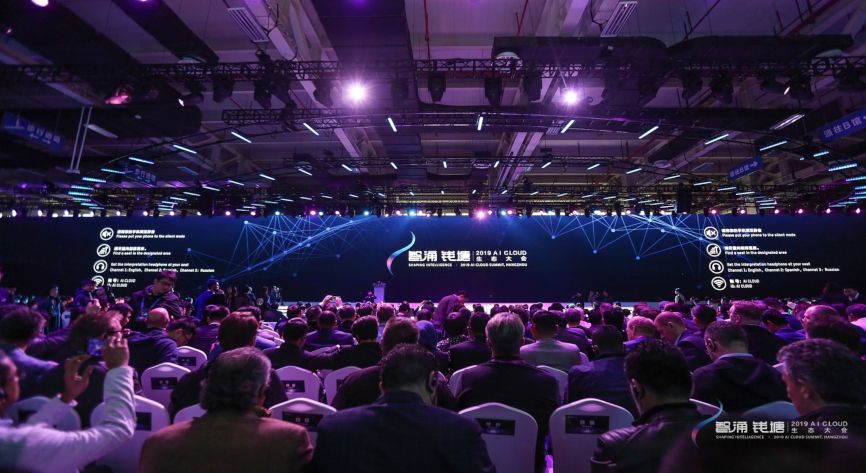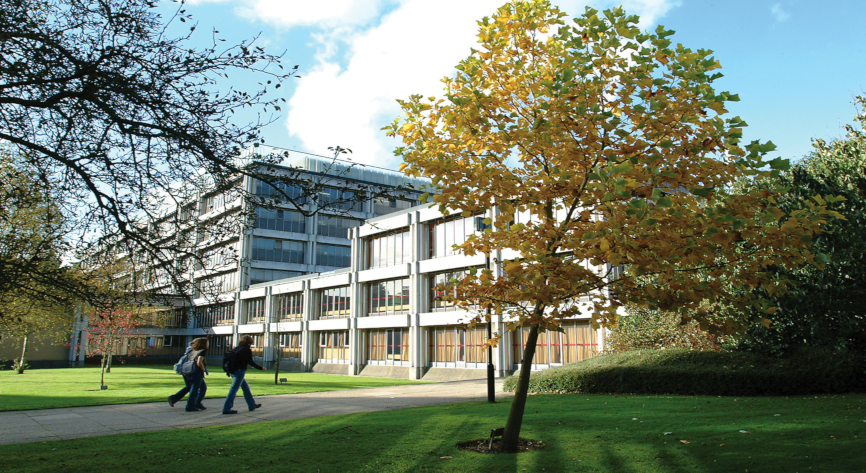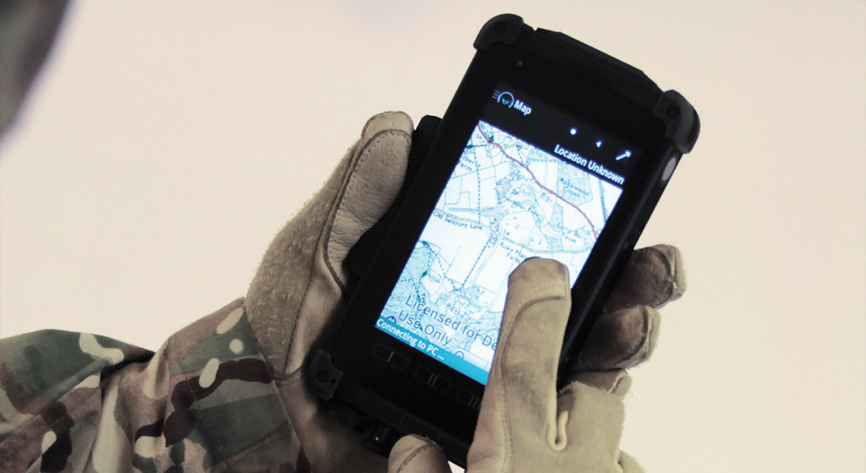
The Securing Asia summit provides small and medium-sized companies the ideal opportunity to enter the thriving market in the region. Maroof Raza, author and media commentator on military and security issues in India, told SecurityNewsDesk how British and European companies can benefit from a demand for technology and expertise.
The Indian security market is projected to grow from between 15-25 per cent annually, with The Economist recently projecting military-related acquisitions in the country could be in the range of $200 billion over the next 15 years.
The Securing Asia conference takes place at the Queen Elizabeth II Conference Centre in London from 24-25 June and brings buyers, government officials, police officials, politicians, and more, from the Asian sector together with Western professionals.
Raza claims small and medium-sized British and European companies which have limited budgets for marketing and travel can benefit from finding out at the event where there is demand for their products or services.
“You get the buyer and the supplier to come to London and under one roof interact together and find out what suits who,” he said.
“Smaller companies, British and European, find it much easier to come into London, showcase technology, interact with potential buyers, and then go out to the respective country to go and do a value-added visit and business engagement.
“For both the buyer and supplier, coming together under one roof is so much easier.”
The opportunity to meet with professionals from the region means British and European companies can learn from experts about the best ways to take their products to the Asian market.
Raza identified four key points that companies must comprehend, including understanding where opportunities lie and matching their technology to the opportunities. There is also geographical and environmental elements that European companies need to consider, ensuring products are robust enough to cater for the terrain, climate and environment in Asia.
The expert cited competitive pricing as “key” to getting a foothold in the market as it is vital to understand that Asian countries are highly price sensitive.
He said: “The market has opportunities for business; volumes can be sold in Asian countries but provided you price your product well. A lot of Asian countries may not want high technology systems as they may prefer medium technology which is competitively priced. Competitive pricing is the key to entry into any market in Asia.”
The ability for technology to be locally owned and developed over a period of time can also play a crucial role in experiencing success, particularly in the Indian market, according to Raza. Being prepared to shift some equipment and processes and outsourcing it to India bypasses potential issues with trade embargoes as the nation is “very wary” of being dependent on foreign companies. This can open up greater success for those companies willing to make such a leap.
“Those countries which have done it have found they are at an advantage in the long run and their balance sheets look good. Those who haven’t done it, for political or business reasons, find they have not been able to cash in on the market’s growth,” added Raza.




















